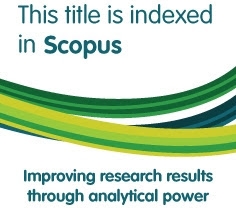Rediscovering Islam in Javanese History
Abstract
Developments in our understanding of Javanese history have displaced a previously influential paradigm about the role of Islam in Javanese society. The view that Islam was marginal was exemplified in Van Leur’s description of Islam as ‘a thin, easily flaking glaze’ or Geertz’s observation that ‘It is very hard … for a Javanese to be a “real Moslem”’. This paradigm implicitly posited an authentic Javanese culture which was essentially pre-Islamic in origin which limited Islamization. Stereotypes of Javanese culture and of Islam underlay this paradigm. The previous paradigm was mainly formed during the period of abangan prominence. Subsequent developments in Javanese society and new historical research have led to a rediscovery of the important role of Islam in Javanese history, showing the older paradigm to be false and the stereotypes to be unsustainable.
Keywords
Full Text:
PDFDOI: https://doi.org/10.15408/sdi.v21i3.1216
Refbacks
- There are currently no refbacks.

All publication by Studia Islamika are licensed under a Creative Commons Attribution-NonCommercial 4.0 International License.
Studia Islamika, ISSN: 0215-0492, e-ISSN: 2355-6145
View My Stats
